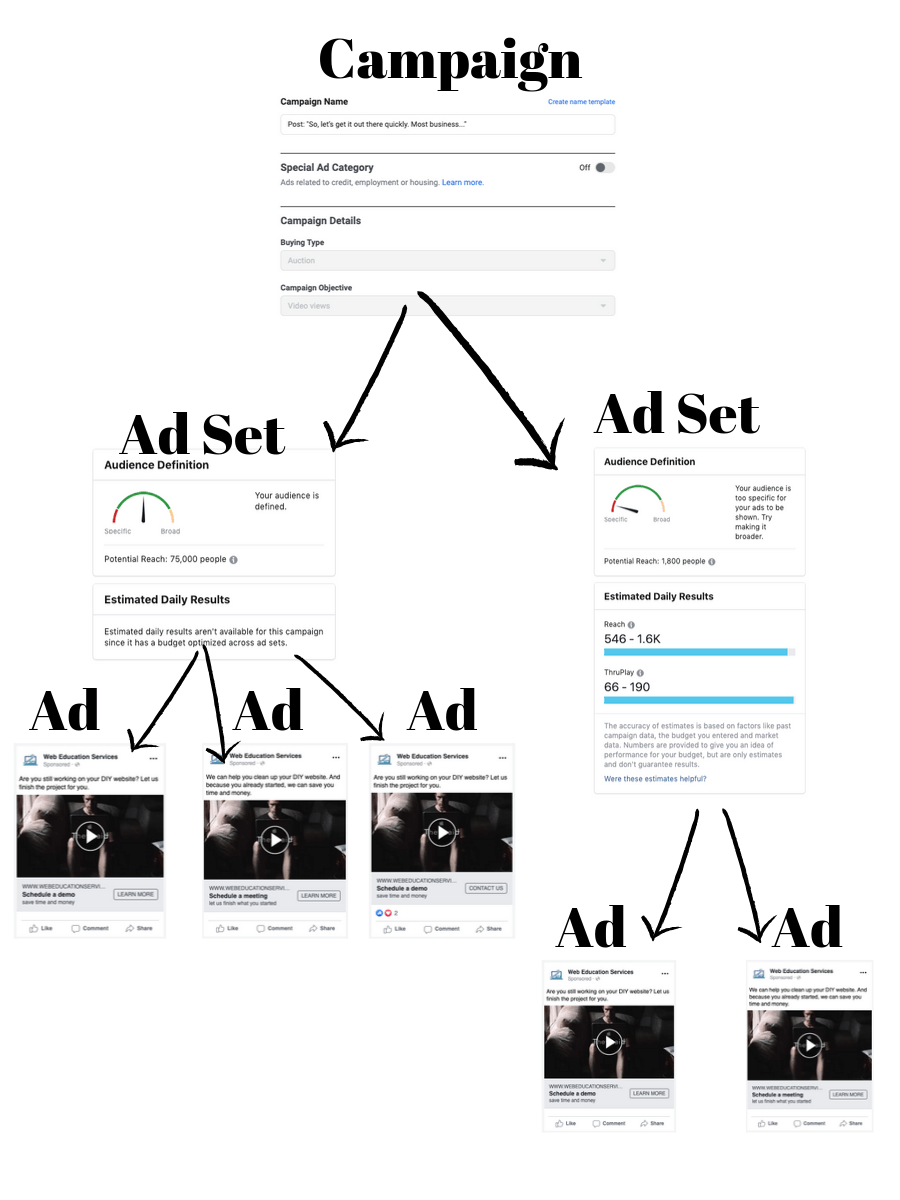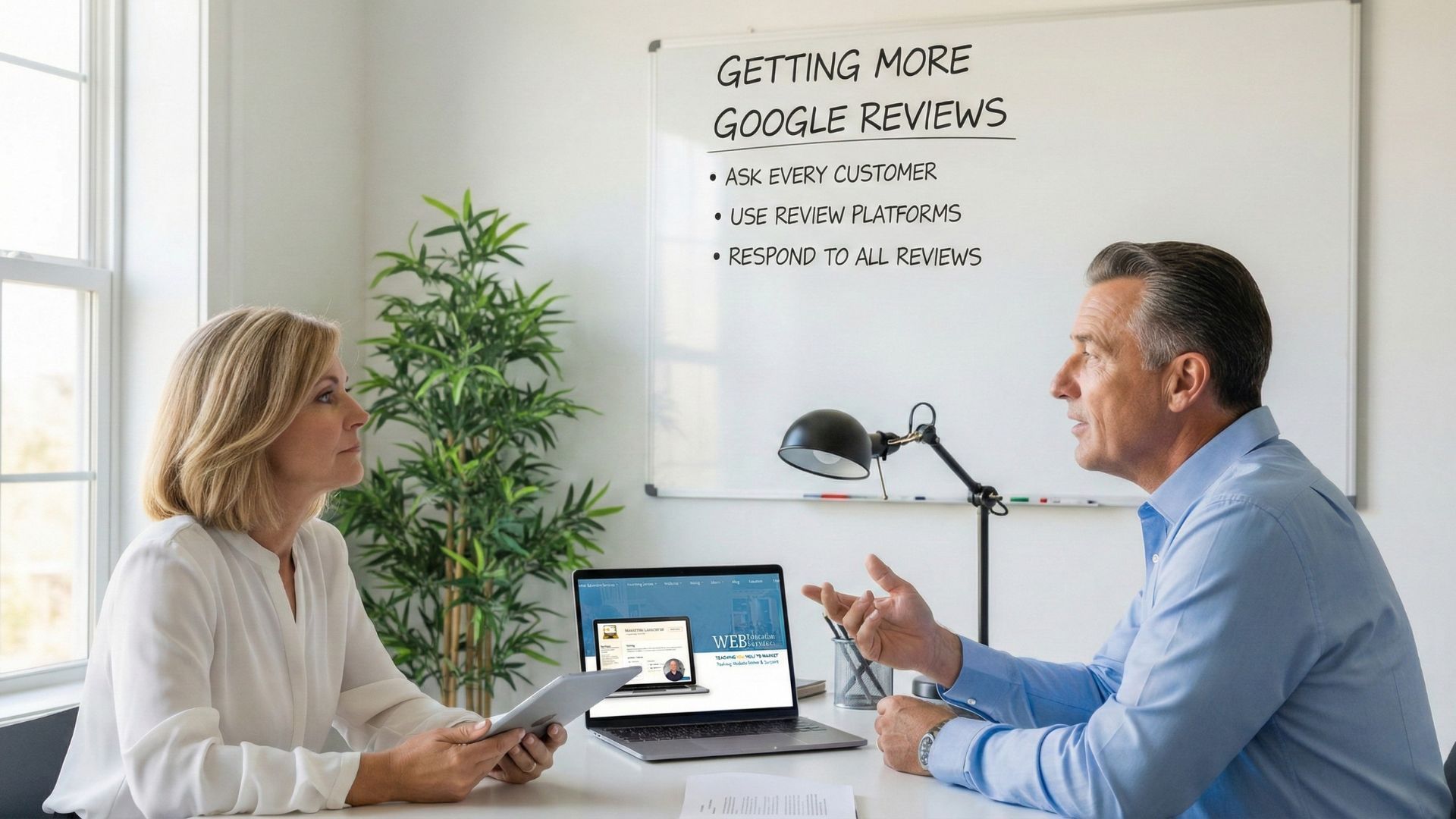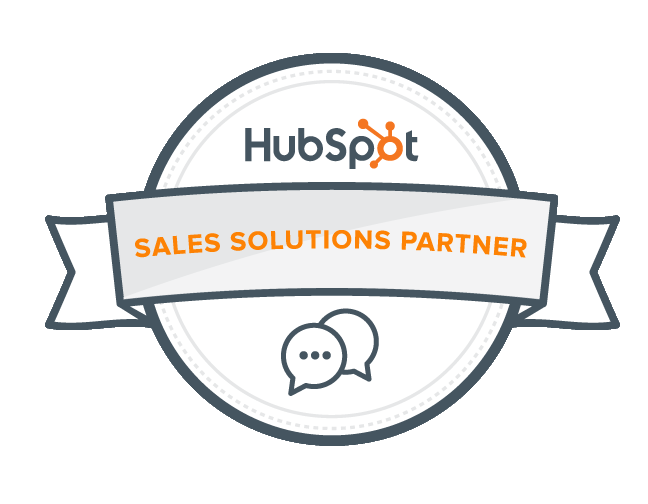The short answer is yes, but...
...but, the post has to be engaging, and you have to create a custom audience. If you go to your business page posts, click on boost, and keep the standard boost settings, you're not going to get the results you want.
So, when should you boost, and when should you create a Facebook Ad?
BOOSTING FACEBOOK POSTS
You want to boost a post when your campaign is linear (see image below). In other words, you aren't running different ads to different audiences. Boosting keeps your advertising simple. It also allows you to build the ad first and worry about the targeting later.
Linear Adboost this kind of post to save time
Let's look at some of the other pros and cons of boosting Facebook posts.
PROs:
- Boosting a post takes less time than setting up an ad.
- You can target by location
- You can target by demographics
- You can target by interests
- You can optimize bidding
- You can set durations
CONs:
- You cannot set campaign objectives
- The CTA button is limited
- You cannot run the ad against different audiences
- You cannot run slight variations of the ad to see what creative and copy works best
If you are new to Facebook Ads, boosting is a great way to start to learn the system. If you are short on time, boosting is a great way to get your brand and message out to your audience. Boosting is also useful if you have an organic Facebook post that has high engagement. If you have Facebook Ads experience and time to optimize your ad, we suggest creating dynamic ads.
CREATING FACEBOOK ADS
You want to create a Facebook Ad when your campaign is dynamic (see image below). In other words, you want to test the same post against different audiences. Or you want to test different posts against the same audience. Or some combination of the two.
Dynamic Adcreate a campaign to optimize ROI
Let's look at some of the other pros and cons of Facebook Ads.
PROs:
- You can choose different ad placements in Facebook News Feed side ads, Messenger ads, Instagram stories, instant articles, and Audience Network.
- You can create ad objectives.
- You can test different ad copy
- You can test different ad video/images
- You have advanced targeting capabilities
CONs:
- You need a higher skill level to configure a Facebook Ad
- Facebook Ads take more time to create copy and images/video
Facebook Ads are more productive than boosting a post. You can start to get great insights into how your audience interacts with your ads and start to develop more engaging content that converts. However, If you don't know what you are looking at, all the bells and whistles of Facebook Ads Manager won't do you much good.
If you want some help or a second set of eyes on your next campaign, give us a call, 727.222.6984, or schedule a meeting. We will audit your ad for free.
You can also subscribe to our blog to get more helpful tips, tricks, and marketing hacks.
